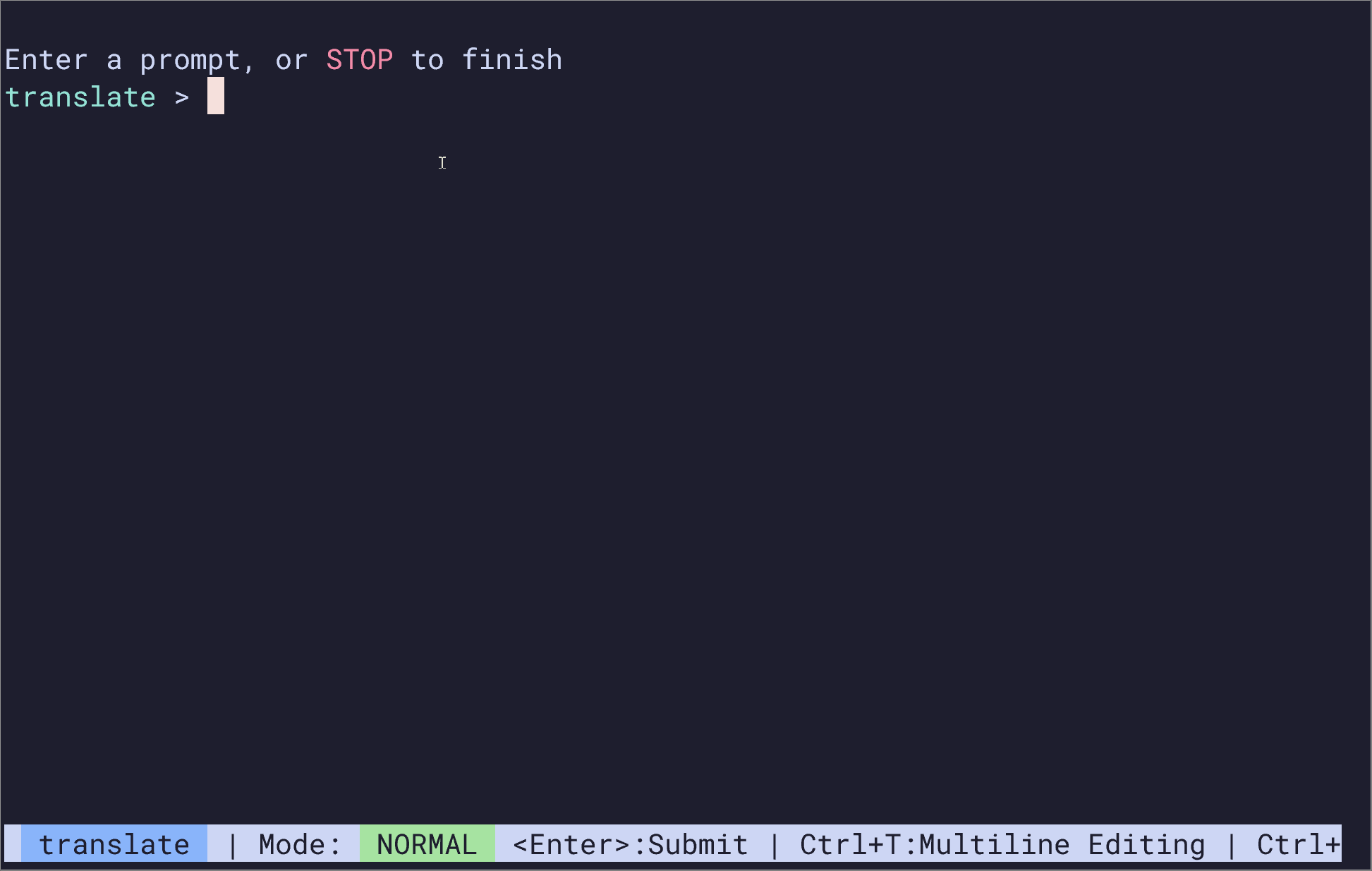Fast-Agent
What is this?
fast-agent data analysis demofast-agent enables you to create and interact with sophisticated Agents and Workflows in minutes.

The simple declarative syntax lets you concentrate on composing your Prompts and MCP Servers to build effective agents.
Evaluate how different models handle Agent and MCP Server calling tasks, then build multi-model workflows using the best provider for each task.
It natively implements each of the patterns from Anthropic’s seminal research paper, acting as an MCP Host that allows your Agents to be extended quickly with thousands of publicly available tools.
It comes bundled with ready-to-run examples, so you can learn and customise straight away.
It’s released with an Apache 2.0 license, and available on Github.
Motivation
fast-agent has been built to solve the practical problems of developing agent based systems, based on our experience building Training, Product Management and Operating Model Products. It’s firmly aimed at open-ended, innovation and creation style use-cases. It aims for as little friction between agent designer and LLM as possible.

fast-agent prompting interface
The lightweight, declarative syntax means that instructions, server configurations, prompts and compositions are simple to maintain in version control, alongside associated artefacts.
It’s easy to “warm-up” agents (pre-prompt them before beginning workflows), helping tune agent behavior for deployment, or conduct one-off customised workflow runs.
The multi-agent prompting interface enables interaction with Agents and Workflows before, during and after workflow execution, allowing valuable diagnostic investigations, interventions and post-run data extraction.
The ability to select model per-agent allows the use of the best model for each task, and allows ensembling (with the parallel workflow), or side-by-side testing for model task evaluation.
An understated benefit of this approach is precise context management - LLMs produce superior results and tool usage when working within focused boundaries. fast-agent’s compositional patterns ensure each Agent receives exactly what it needs to excel at its specific task.
MCP Client and Server Development
For MCP Server developers, fast-agent is an excellent resource for testing the effectiveness of Tool Descriptions and usage against different models and providers.
It also acts as an MCP Client, with MCP Roots support, and a bundled ChatGPT style data-analysis tool to demonstrate it.
The immediate roadmap is focussed on enhancing support for OpenAI and Anthropic models as these features provide the highest value for our Products:
- Support asynchronous audio with
gpt-4o-audio-previewmodel support - Support for Citations (Anthropic)
- Context Window Management (clearing, compression and Agent self-improvement)
- Sonnet 3.7 extended thinking
Contributions to the project are welcome whether to help with these features, support further providers or anything else are welcome.
Get Started
Install the uv package manager , open a shell and:
uv pip install fast-agent-mcp # install fast-agent
fast-agent setup # create configuration files (API keys needed)
fast-agent agent.py # interact with your first MCP Enabled Agent
fast-agent bootstrap workflow # generate working examples of each workflow type
fast-agent bootstrap # see other available examples
fast-agent prompting running